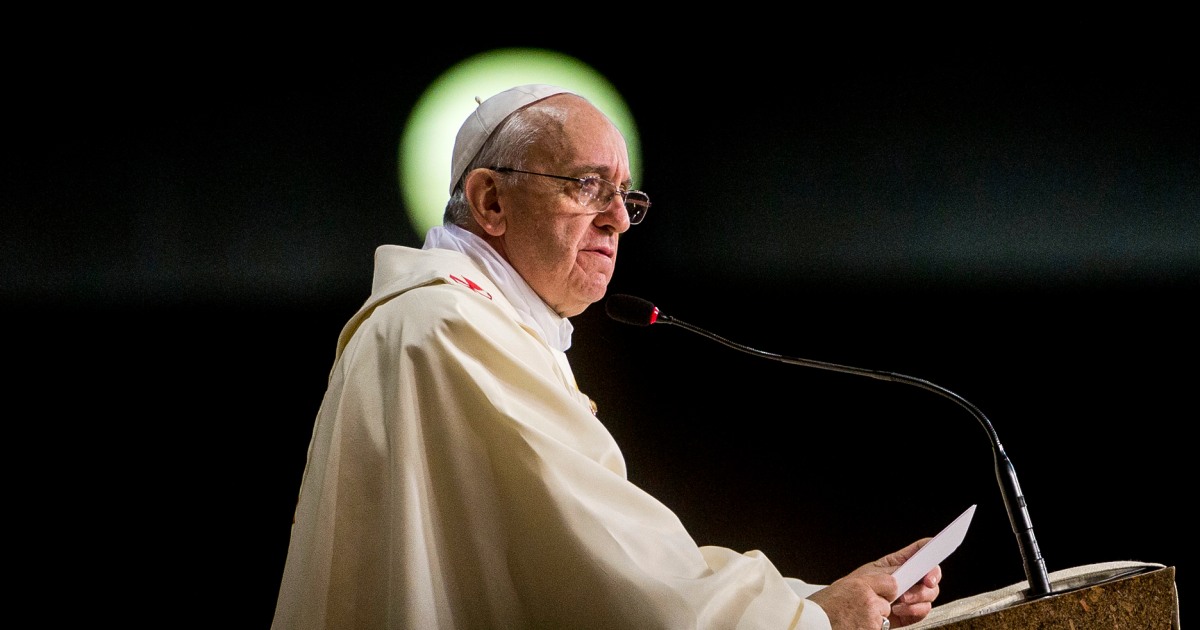A Legacy Remembered: The Life and Impact of Pope Francis at 88
Pope Francis, the 266th leader of the Catholic Church, passed away at 88, leaving behind a legacy of transformative leadership and global engagement. The Argentine-born pontiff, who served from 2013 until his death, redefined the Church’s role in modern society through his emphasis on compassion, social justice, and institutional reform. His passing marks the end of an era for 1.3 billion Catholics worldwide.
A Humble Beginning to a Historic Papacy
Born Jorge Mario Bergoglio in Buenos Aires in 1936, Pope Francis rose from modest beginnings to become the first Jesuit and Latin American pope. His early career as a chemist and bouncer before joining the priesthood shaped his pragmatic, people-first approach. Elected in 2013 after Pope Benedict XVI’s resignation, he chose the name Francis to honor St. Francis of Assisi, symbolizing his commitment to humility and service.
His papacy broke traditions:
- First non-European pope in over 1,200 years
- Advocated for migrants, the poor, and environmental stewardship
- Championed interfaith dialogue, including historic meetings with Muslim and Jewish leaders
Transformative Reforms and Controversies
Pope Francis’s tenure was marked by bold reforms. He decentralized Vatican authority, granting more power to regional bishops, and reformed the Church’s finances to combat corruption. His 2015 encyclical Laudato Si’, which called for urgent climate action, became a cornerstone of his environmental advocacy.
However, his progressive stances sparked debate. While conservatives criticized his openness to LGBTQ+ inclusion and divorcees, others praised his pragmatism. “He walked a tightrope between tradition and modernity,” noted Vatican analyst Dr. Maria Moretti. “His ability to listen—to scientists, atheists, even critics—set him apart.”
Global Influence Beyond the Church
Beyond theology, Pope Francis influenced global politics. He brokered the 2015 U.S.-Cuba détente and condemned rising nationalism. His focus on inequality resonated worldwide: A 2023 Pew Research study found 70% of Catholics viewed his leadership favorably, with even higher approval in Latin America and Africa.
Yet challenges persisted. The Church’s handling of sexual abuse scandals drew scrutiny, though he established tribunals to hold perpetrators accountable. “He inherited a fractured institution,” said Cardinal Thomas Wenski. “Progress was slow, but his transparency laid groundwork for future healing.”
Personal Touch and Lasting Legacy
Known for his warmth, Pope Francis often bypassed protocol to embrace worshippers or call strangers. His 2016 visit to a Roman refugee center, where he washed the feet of Muslim migrants, epitomized his hands-on compassion. Social media amplified his reach: His Twitter account garnered 50 million followers, spreading messages of unity.
As tributes pour in, questions arise about his successor’s direction. Will the next pope continue his reforms? “Francis set a precedent,” remarked theologian Hans Küng. “The Church can’t revert to isolation—his legacy is a roadmap for relevance.”
Looking Ahead: A Church at a Crossroads
Pope Francis’s death leaves a void during a pivotal time. Climate change, rising secularism, and internal divisions demand decisive leadership. His emphasis on “a poor Church for the poor” may inspire future generations, but institutional inertia remains a hurdle.
For now, millions mourn a leader who bridged divides. As funeral preparations begin, one message echoes: His vision of mercy endures. To learn more about Pope Francis’s impact, explore Vatican archives or local interfaith memorial events.
See more CNN Headline


